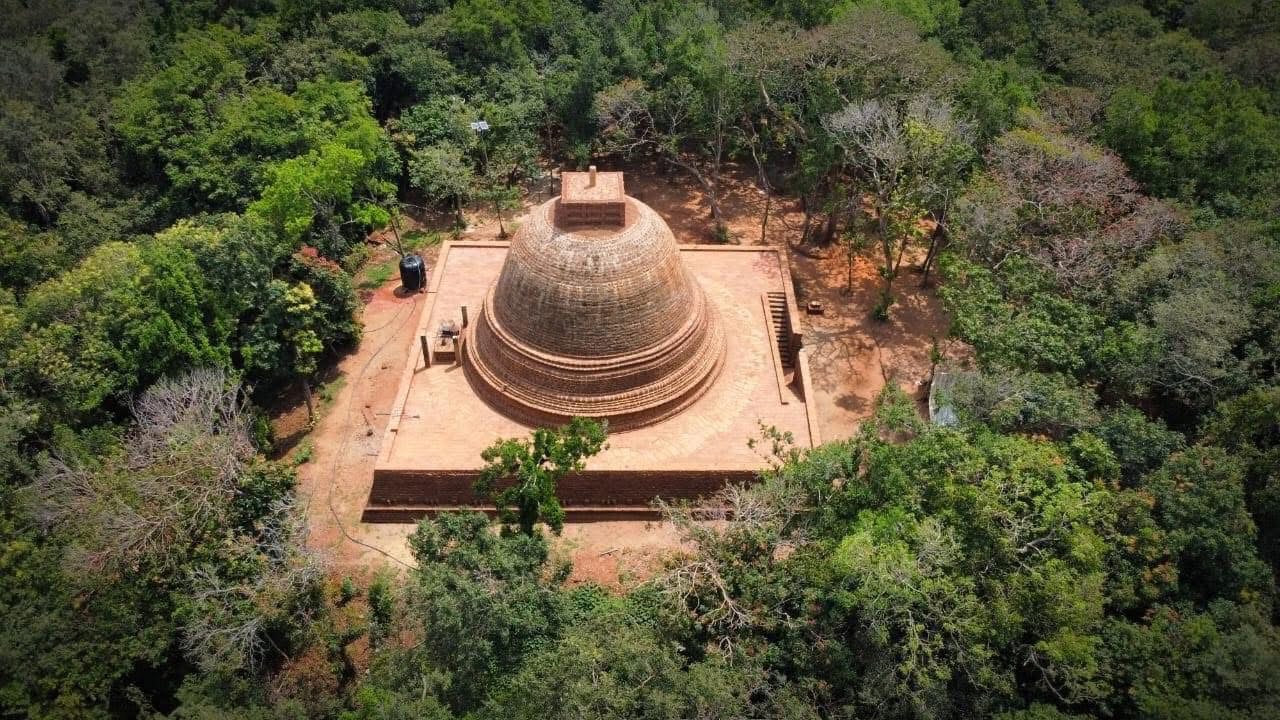In its latest report, entitled, 'Sri Lanka: Tamil politics and the Quest for a Political Solution', the International Crisis Group (ICG) criticised the Sri Lankan government's refusal to negotiate seriously towards a power sharing agreement, arguing that such a refusal was "increasing ethnic tensions and damaging prospects for lasting peace."
Highlighting the "sustained assault" against "Tamil political power and identity" in the North-East, the ICG said the government's military and economic policies were "institutionalising" a Sinhala nationalist thinking that "explicitly rejects a privileged Tamil character".
Arguing that the "de facto military occupation" and "biased economic development policies appear designed to undermine Tamils’ ability to claim the north and east as their homeland," the ICG said that "for many Tamils, this confirms their long-held belief that it was only the LTTE’s guns that placed their concerns and need for power sharing on the political agenda."
In a list of recommendations to various parties, the ICG called on the international community, including China, India and the US to ensure a range of actions that it argued "pave the way for a lasting political solution" are met. These included fulfilment of the March 2012 UNHRC resolution and a credible northern provincial council election by early 2013. The ICG went on to urge the Secretariat and member states of the Commonwealth to insist that the Sri Lankan government fulfils these tasks, "and agree that in the event it fails to do so, the October 2013 Commonwealth heads of government meeting will be moved from Colombo to an alternative location."
See here for full report.





